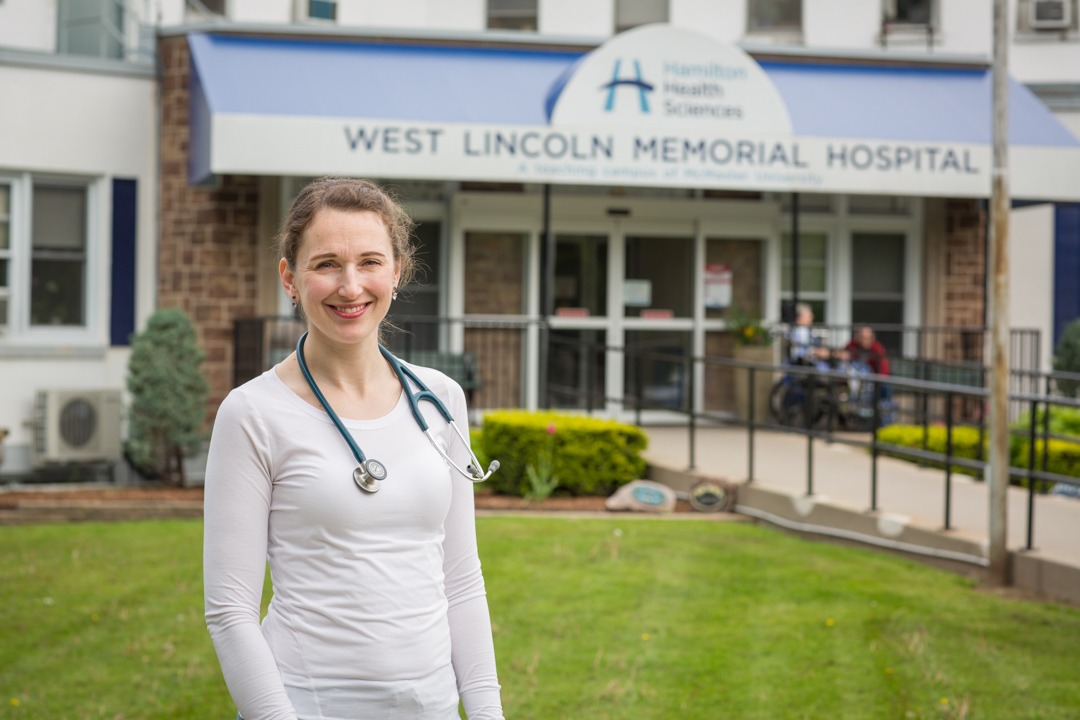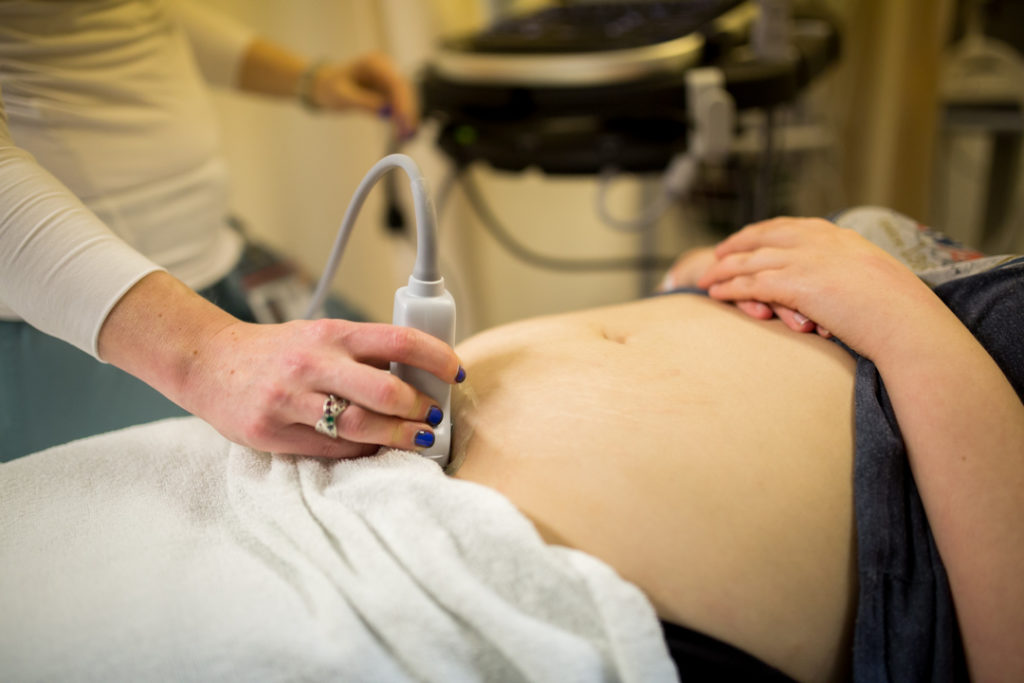
Introducing… a family and emergency physician
Dr. Julie Timko is a family and emergency physician (CCFP-EM) at West Lincoln Memorial Hospital (WLMH). She has been at WLMH for 9 years.
Tell us about your first day at Hamilton Health Sciences (HHS)
My first day as a staff physician at HHS was terrifying – probably similar to most other newly graduated physicians! I felt like an imposter and that someone would arrive to tell me it was all a joke and I wasn’t a “real doctor” after all. However, the medical staff at WLMH is an amazing and collegial community. I felt supported and like a member of a bigger team, rather than a doctor working alone. My first case was a life-threatening one, and the outcome, thankfully, was good, so that gave me a confidence boost.
What made you enter your field of work?
I entered medicine because I enjoy mental challenges and because I truly love to interact with and support others through difficult times. I liked almost every area of medicine I experienced in medical school, so I chose family medicine in a community hospital. This field in this kind of environment allows me to keep doing the many things I love to do – obstetrics, emergency, palliative care, teaching and family medicine.
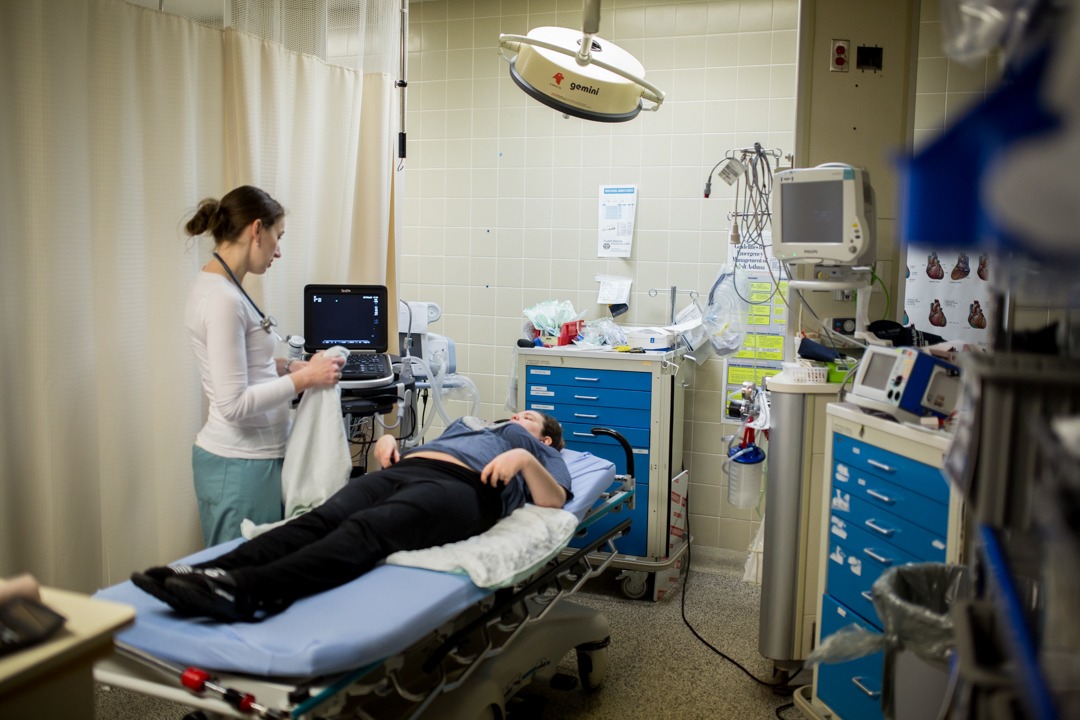
What do you love most about your job?
I love so many things about my job. I am very blessed! I get a lot of joy in witnessing my patients becoming parents – it’s like I get to witness not just their baby’s birth, but the birth of two new adults too! And though it’s often quite stressful, I get a lot of satisfaction out of working with our Emergency Department (ED) team on tough but ultimately successful cases.
I wish patients knew just how much I think about them and worry about them.
Describe one of your most challenging days at work
My most challenging day at work was the day I lost a young patient, one whom I knew well and whose family I knew well. It was devastating and is a situation I still think about every day.
It is also always a very challenging and difficult day for me and probably for any physician, when we have to give bad news. I find it especially challenging in family medicine, when I have sometimes known the patients and their family members for years. My heart hurts along with them.
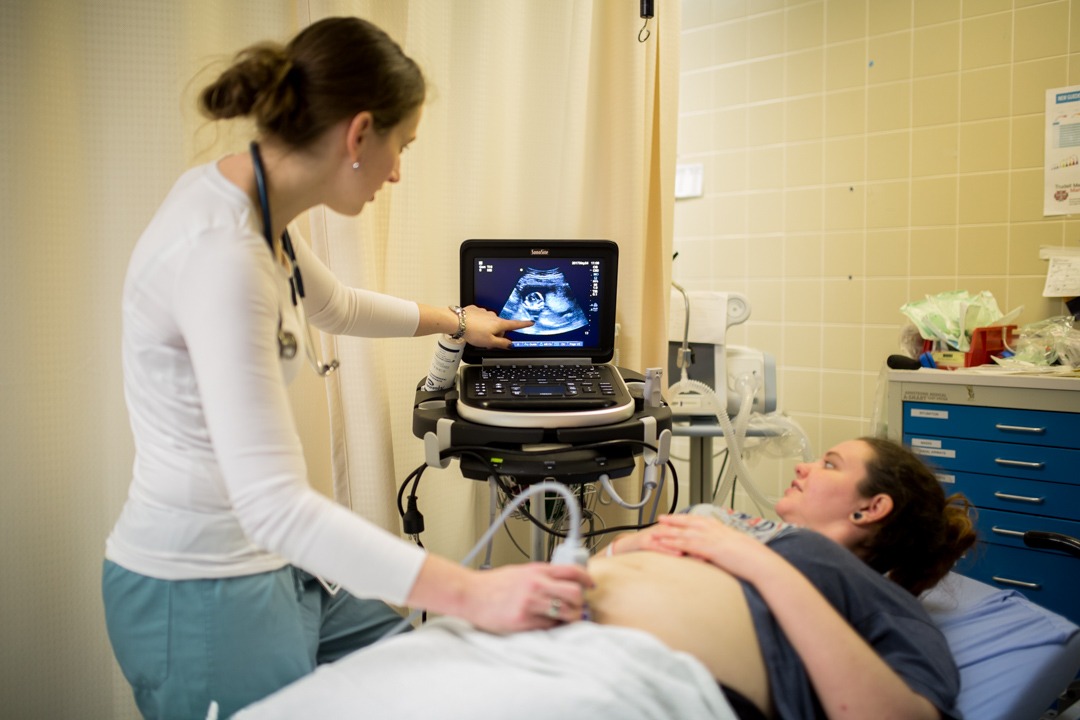
What is one thing you wish patients/colleagues knew about you?
I wish patients knew just how much I think about them and worry about them. This is not just a job for me – I don’t and can’t just leave it at work when I walk out the door – my patients are in my mind and heart a lot of the time. Especially my family medicine patients. They have all become people I care about very very much.
Also, and it’s a little silly, but sometimes I wish patients knew that I’m a little older than I look! I get a lot of “Wow! You look so young to be a doctor!” which is a lovely compliment (one that I enjoy more and more as the years pass) but I want patients to feel they can trust me too. Luckily I think most patients view us “young” docs as having the most “cutting edge” knowledge, so most of the time my young looks don’t seem to throw patients off too much.
Luckily I think most patients view us “young” docs as having the most “cutting edge” knowledge…
Do you have a best friend or confidant at HHS? Tell us about him/her
My best friend, Dr. Melissa MacEwen is also a family and emergency physician at the WLMH site. I love working with her. We both have young families, and so we understand and support each other through the difficulty of finding balance between work and family life. Additionally, because our work is similar, we can confide in each other when we face emotional cases and can put our heads together on challenging diagnoses.
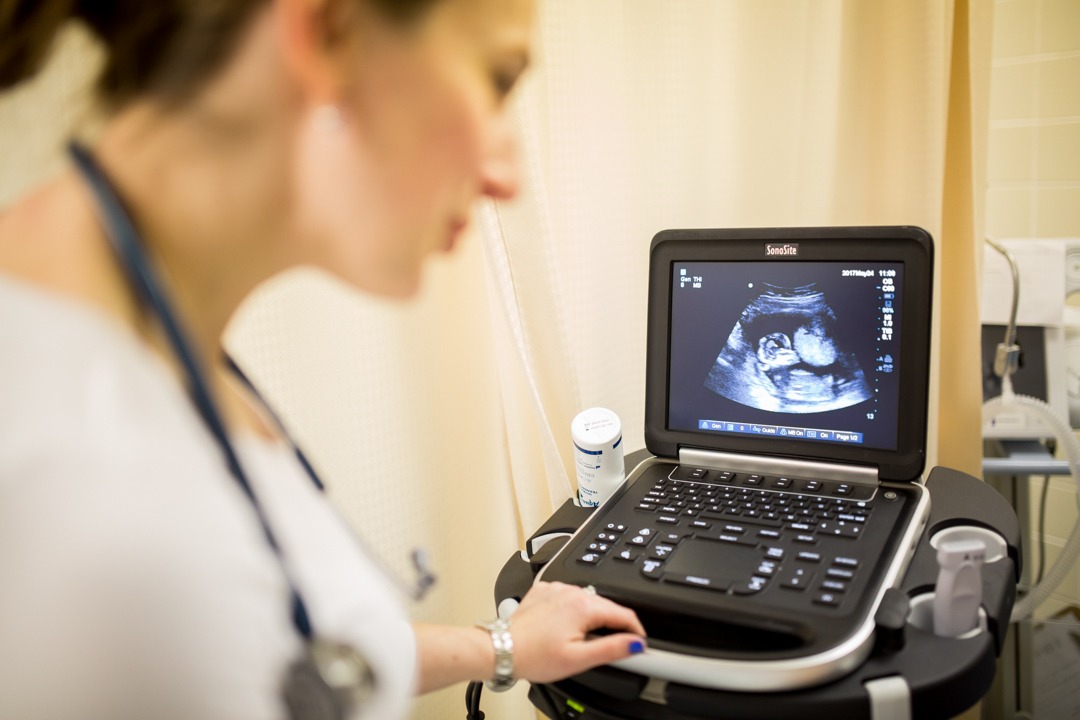
What do you wish you had more time for at work?
I wish I had more time at work for learning! There is so much to learn in medicine, especially for a generalist like myself! I love to read, listen to podcasts and attend conferences, but don’t get to do these things as much as I would like! I also always wish there was more time to talk to patients. I try very hard to be giving of my time and my patience, but when there is a backlog of other patients needing to be seen, it is a difficult balance to find.
What are your favourite ways to spend your free time?
My favourite way to spend my free time is with my family – my daughter is 7 and my son is 4 and they are such fun! My husband and I enjoy a lot of laughter at their antics – one cute story of my daughter is when she was five and got new furniture in her room. She had a bedside table for the first time and was listing everything she could put on it – “I’ll put a light and some Kleenex, and my book and maybe some water. Oh! And I’ll put a phone in case the hospital needs me in the middle of the night!” My husband and I love going to the kids’ activities (hockey, swimming and gymnastics are current faves) and like to spend time outside riding our bikes as a family.
It was a pretty amazing experience to tell that young man that he had saved a life….I hope he will carry that badge of honour for the rest of his life.
On my own, my favourite pastimes are playing hockey (something I just learned three years ago) and reading. I hope in the next few years to learn how to fly – my dad was a pilot and my three brothers currently fly my dad’s home-built plane, so I think it’s about time that I joined them.
Tell us about your most gratifying experience at HHS
Once I had a patient survive a medical emergency with a dismal prognosis, thanks to the quick-thinking and action of a bystander. The patient asked me to share the good news of his survival with the bystander, who was a stranger. It was a pretty amazing experience to tell that young man that he had saved a life. I won’t ever forget the smile that lit up his face and I hope he will carry that badge of honour for the rest of his life.
What are your short and long term career goals?
My short-term career goal is pretty simple – my kids are still very young, so I want to maintain and increase my knowledge, especially in emergency care (where there isn’t a lot of time to research or read in the moment) while protecting my family time. In the long-term, I would love to develop our emergency department’s continuing education. Our team is incredibly cohesive and work very well together, but we are a small centre, so we don’t get a large volume of critical cases. I’d love to build on our team’s capacity and confidence for dealing with the critical and rare cases through simulation and case-based learning.
